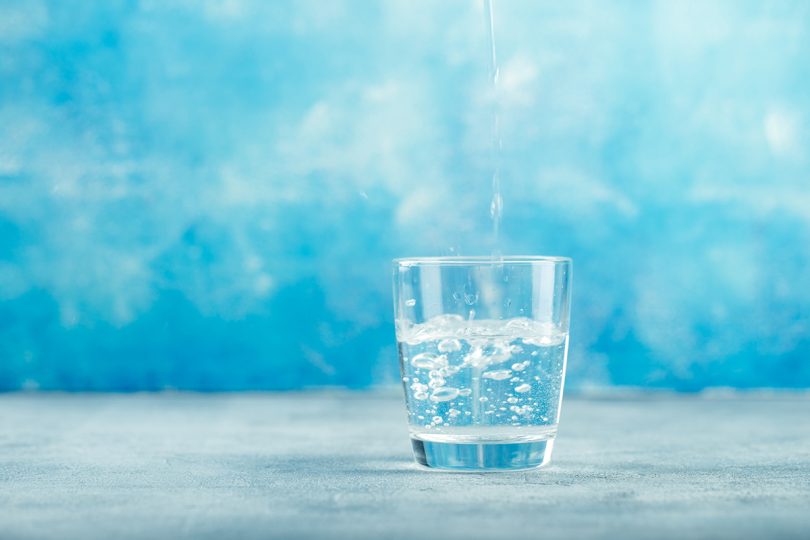Ever wondered about a super ingredient that drives your health and fitness? It’s ubiquitous yet often underestimated—water. The importance of hydration is paramount to our wellbeing and optimum functioning in fitness activities. Making up approximately 60% of the human body, water is the elixir of life influencing countless biological functions. In this extensive guide, we will delve into the depths of hydration, its role in health and fitness, and strategies to maintain optimal hydration levels.
Table of Contents
- Why Hydration is Important
- The Importance of Hydration for Health
- The Importance of Hydration for Fitness
- Hydration Strategies for Health and Fitness
- Conclusion
Why Hydration is Important
Water is the cornerstone of life. It acts as a catalyst, playing a pivotal role in virtually every function of our body. But what exactly does water do? What makes hydration so indispensable? 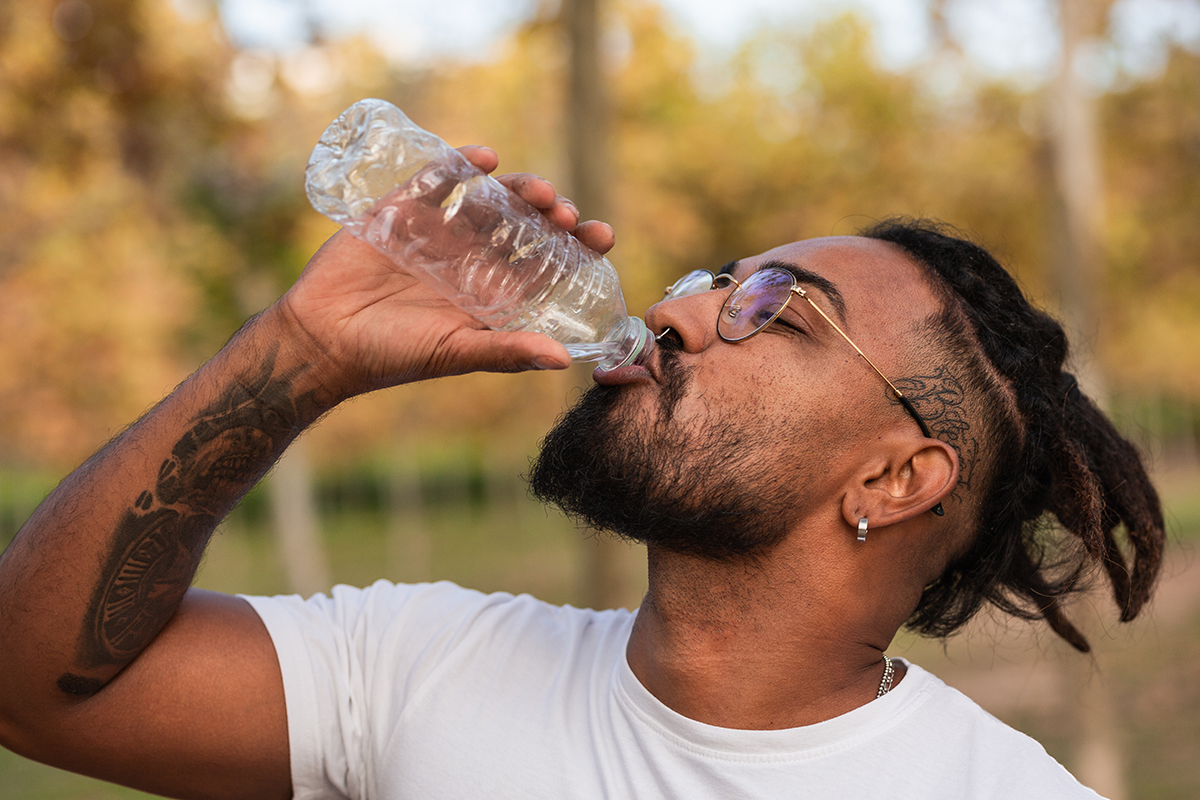
Let’s dissect the science of hydration and discover the ways it influences our physiological functions.
Hydration for Cellular Function and Metabolism
Each cell in our body depends on water for its functioning. It is the medium for various enzymatic and chemical reactions in the body, aiding in metabolism. It also helps in transporting nutrients and eliminating waste products. Water forms the primary component of our blood, carrying oxygen and nutrients to every cell. On a more granular level, water aids in the digestion of food, breaking it down so that your body can absorb the nutrients.
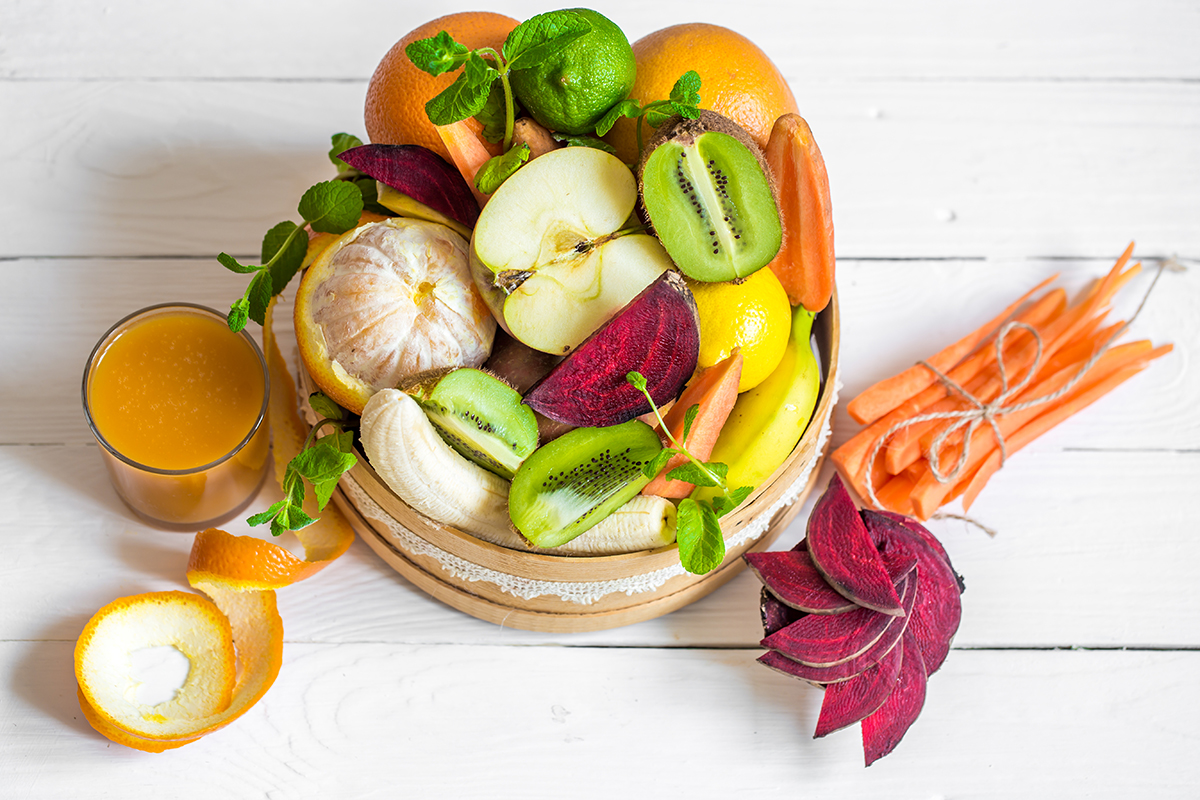
Not only that, but it also maintains the health and integrity of every cell in our body, from blood to bone cells, ensuring their proper function.
Hydration for Body Temperature Regulation
Hydration is essential in maintaining our body’s temperature. Our body loses water through processes such as sweating and respiration. When your body temperature rises, whether due to physical activity or a warm environment, sweating helps dissipate heat, preventing overheating and helping you maintain a stable internal temperature. However, this water loss must be compensated for by adequate fluid intake.
Hydration for Body Cushioning and Lubrication
Water serves as a natural shock absorber and lubricant. It cushions our joints, thereby reducing the risk of friction and wear that can lead to painful conditions like arthritis. Furthermore, it provides a protective barrier for vital organs, such as the brain and spinal cord, safeguarding them from impact and injury. It also keeps our tissues and membranes moist, including those in our eyes, nose, and mouth, ensuring their proper functioning and comfort.
The Importance of Hydration for Health
The importance of hydration transcends beyond these basic functions. It has far-reaching implications for our overall health, from cognitive function to disease prevention and aesthetic benefits.
Hydration and Brain Function

Numerous studies have underlined that even mild dehydration can have substantial effects on cognitive abilities. Dehydration can impair short-term memory, attention span, and mood. Symptoms like fatigue, headache, and difficulty concentrating are commonly observed when the body lacks adequate water. Thus, ensuring proper hydration is not just a matter of physical health, but also of mental clarity and productivity.
Hydration and Disease Prevention
Regular and adequate water consumption can contribute to the prevention of various health conditions. For instance, it can reduce the risk of urinary tract infections, kidney stones, constipation, and even some types of cancers. Maintaining hydration is also critical in preventing heat-related illnesses, such as heatstroke. It is evident that hydration is a key player in disease prevention and overall health maintenance.
Hydration and Skin Health
Hydration is a powerful ally when it comes to skin health. Your skin, the largest organ in your body, is composed of approximately 64% water. Therefore, staying adequately hydrated ensures that your skin stays supple, resilient, and less prone to skin issues like dryness, flaking, and premature aging. By hydrating regularly, you can maintain the moisture balance in your skin, promoting a healthy and youthful appearance.
The Importance of Hydration for Fitness
The importance of hydration is exceptionally noticeable in the realm of physical fitness. Whether you’re a professional athlete or a fitness enthusiast, hydration is a key determinant of your performance and recovery.
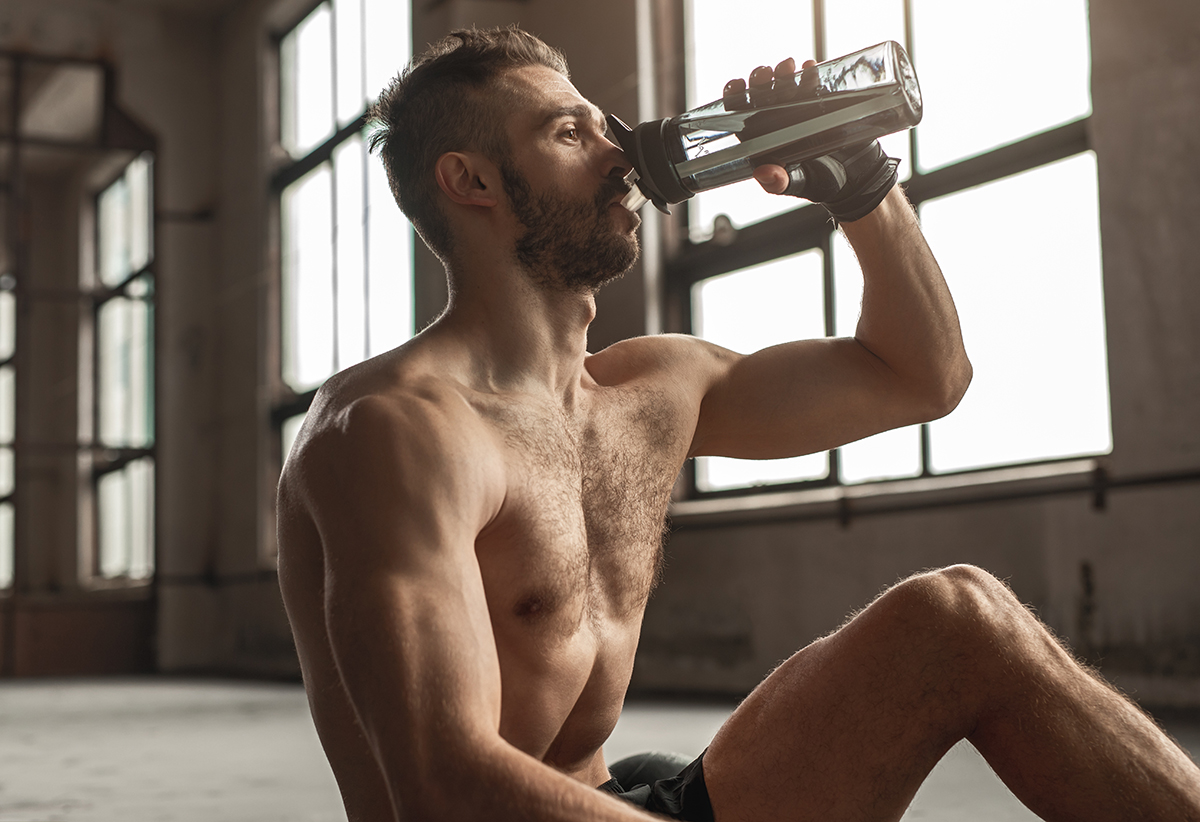
Performance
Dehydration can considerably impact your athletic performance. Lack of water can lead to symptoms such as fatigue, reduced coordination, and muscle cramping. Furthermore, dehydration can elevate your heart rate and lower your body’s ability to cool itself, leading to overheating and potential health risks. Thus, staying well-hydrated can fuel your performance, enabling you to excel in any physical activity.
Recovery
Hydration also plays a crucial role in post-exercise recovery. After a strenuous workout, your body needs to replace the fluids lost through sweating. Adequate rehydration aids in muscle recovery and helps reduce fatigue and soreness. Hence, not only does water fuel your performance, but it also accelerates your recovery, preparing you for your next fitness session.
Hydration Strategies for Health and Fitness
Now that we’ve emphasized the importance of hydration, let’s explore some effective strategies to stay optimally hydrated. It’s not just about gulping down gallons of water but being mindful about when and how much you consume.
- Always start your day with a glass of water. After hours of sleep, your body is slightly dehydrated and needs replenishing.
- Don’t wait until you’re thirsty to drink water. Thirst is a late indicator of dehydration. Make it a habit to sip water throughout the day.
- If you’re active, ensure you’re well-hydrated before, during, and after your workout. A good rule of thumb is to drink 500ml of water 2 hours before exercise, and continue to sip during and after exercise to replace lost fluids.
- Consider your diet. Foods with high water content like fruits and vegetables can also contribute to your daily fluid intake.
- Limit your intake of caffeine and alcohol, as they can lead to dehydration.
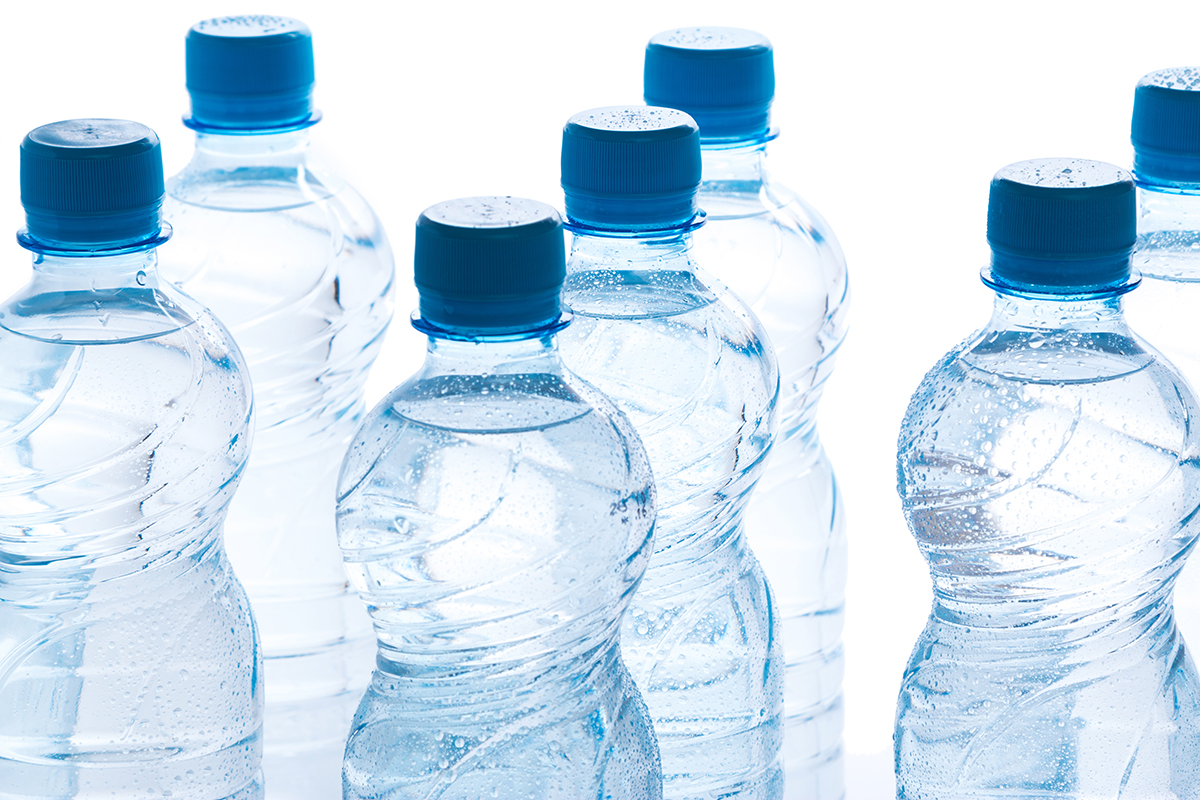
Adhering to these hydration strategies can significantly benefit your health and fitness.
Conclusion
Understanding the importance of hydration is crucial for anyone aspiring for a healthy lifestyle and improved fitness. Water is not just a thirst quencher; it’s the essence of life, instrumental in every cellular process. While it’s easy to overlook hydration in our busy schedules, it’s high time we prioritize it for the sake of our wellbeing and optimal performance.
With its manifold benefits—from boosting brain function, preventing diseases, improving skin health, enhancing performance, to accelerating recovery—the importance of hydration cannot be overemphasized. By incorporating hydration strategies into your daily routine, you can harness the power of water to propel your health and fitness to new heights.

